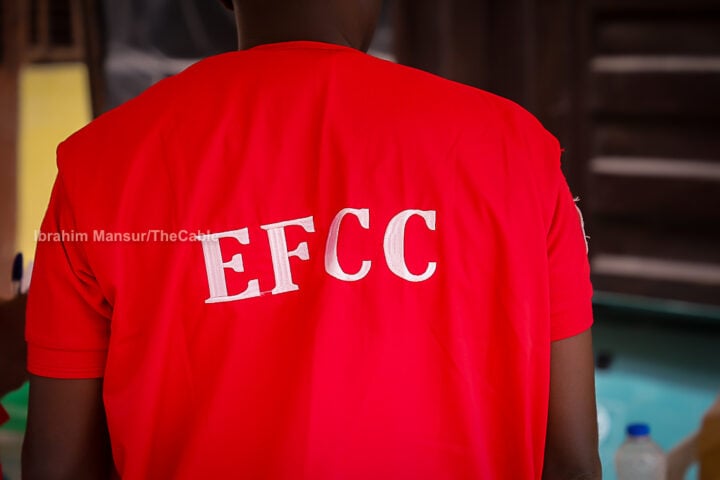'How CBEX, Chinmark, agric schemes fleeced Nigerians N1.3tr'
The Nigeria Financial Intelligence Unit (NFIU) has offered an insight into how Crypto Bridge Exchange (CBEX), Chinmark Group and other agricultural Ponzi schemes were able to swindle unsuspecting Nigerians over N1.3 trillion in investor funds.
NFIU made the revelation yesterday in its advisory on Ponzi Schemes and other unregulated crowdfunding schemes in the country.
Revealing that CBEX operated under the corporate identity of ST Technologies International Limited, NFIU explained that neither CBEX nor its affiliates were granted registration by the Securities and Exchange Commission (SEC) at any time to operate as a Digital Assets Exchange (DAX), solicit investments from the public or perform any other function within the Nigerian capital market.
“CBEX made an outrageous promise of a 100 per cent return on investment (RoI) in just 30 days. It used three specific deposit wallet addresses identified as receiving funds from Nigerian victims. Illicit proceeds were funnelled into intermediary wallets used to obscure the source of funds. The obfuscation technique identified is using bridges to move the funds from the Tron blockchain to the Ethereum blockchain, using the ‘Bridgers’ service,” the agency revealed.
A crypto bridge, it explained, is a protocol or service that facilitates the transfer of digital assets between two distinct blockchain networks. It allows interoperability where direct transactions would not be possible due to differing technical architectures. It acts as a connector, enabling users to move crypto assets between different blockchains.
According to the intelligence unit, Chinmark marketed itself as a conglomerate engaged in: Real estate, Logistics (Chinmark Haulage), Agriculture, Hospitality, Healthcare (Chinmark Medical), projected an image of religious values, philanthropy and youth empowerment.
NFIU stated: “Chinmark built investor trust through Instagram, Facebook and endorsements by social influencers. It promoted fixed investment packages with a monthly ROI of three to four per cent. Investment amounts ranged from N100,000 to N10 million or more.
“I accepted Bitcoin (BTC) and USDT (Tether), especially from Nigerians in the Diaspora, used crypto OTC agents to convert digital assets to naira, and promised international investors seamless entry and exit using crypto channels.”
It said Chinmark claimed investor funds were used for asset-backed businesses, particularly in haulage and real estate.
Typical of a Ponzi scheme, payment of ROI was consistent in the early stages, The Guardian gathered. But in late 2021, ROI payments began to be delayed, triggering panic. Investors were told to be patient due to “cash flow issues.”
“Thousands of investors lost money, some reports suggest over N10 billion in total. Many investors formed victim groups and filed petitions with Law Enforcement Agencies (LEAs),” NFIU noted.
It described agric investment-affiliated Ponzi schemes as fraudulent investments that deceive the general public with a promise of high returns based on claims of investing in various agricultural activities or products.
According to NFIU, these returns bear no alignment with the circle of agriculture products, but rely on paying returns to earlier investors based on inflows from newer investors, adding that agriculture Ponzi schemes became widespread in Nigeria since 2022.
“Some of the agriculture Ponzi schemes include Farmforte and Agro Partnership Tech, Green Eagles Agribusiness Solution, Farm4Me Agriculture, Crowdyvest, West Agro Agriculture and Food Processing and 360 Agric Partners.
On the way forward, NFIU urged regulatory agencies to develop a centralised fraud alert portal that publishes red-flagged platforms, suspensions and ongoing investigations in real-time.
It directed the entities to create a publicly funded Investor Protection Fund, financed by a levy on licensed digital investment firms, to compensate verified victims of collapsed schemes and strengthen digital asset legislation, with clear definitions of permissible operations, penalties for non-compliance, as well as data-sharing mandates for regulatory bodies.
For reporting entities, the financial unit urged them to freeze suspicious accounts and assist in refunding victims and preventing fake or duplicate accounts from being used to facilitate Ponzi schemes.










